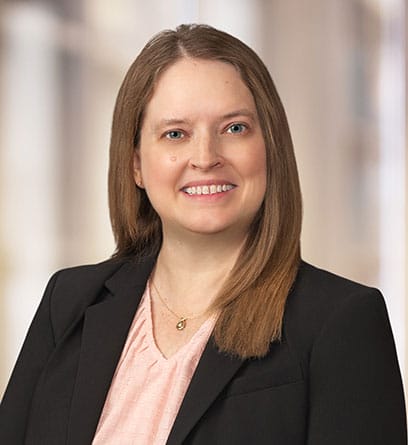“Beef. It’s what’s for dinner.” “The incredible, edible egg.” “Got milk?” We’ve all seen the ads, but have you ever wondered who is behind these enduring taglines? The answer lies in government promotional programs for agricultural products. Both the federal and state governments collect fees, commonly known as “checkoffs,” on agricultural goods. Those fees are used to promote various agricultural products, expanding the market for such products and benefiting all producers. The fees are also used for research and development.
Federal checkoffs
At the federal level, these checkoffs are called “Research and Promotion Programs.” They are overseen by the Agricultural Marketing Service (AMS) at the U.S. Department of Agriculture, but are run by boards comprised of industry representatives. The programs are set up separately for individual products. To begin a program for a specific agricultural product, producers must make a proposal to the AMS. Currently, there are AMS programs in place for 22 agricultural products: eggs, lamb, beef, cotton, milk, Hass avocados, blueberries, mushrooms, Christmas trees, dairy, honey, mangos, peanuts, pork, raspberries, watermelon, paper and packaging, popcorn, softwood lumber, sorghum, soybeans, and potatoes
Authorization for these programs comes from Congress. Many find their authority in the Commodity Promotion, Research, and Information Act of 1996, which gives the AMS power to establish programs for virtually any agricultural product. Others are authorized by statutes covering individual products, such as the Egg Research and Consumer Act of 1974. Under these statutes, the AMS issues orders establishing programs for individual products. Those orders are published in the Code of Federal Regulations and establish details regarding checkoff amounts and board membership for each program. For some products, an industry-wide referendum is required before the order takes effect.
Every product that has a checkoff program with the AMS has its own rules and policies. Assessments are generally collected on a per-unit basis. The money collected from the assessments is used to fund the boards’ promotional and research activities. Generally, the funds must be used for activities designed to increase product demand, and virtually all programs include language prohibiting use of the funds for lobbying. Some programs have exemptions from assessments for small producers, importers, and/or producers of organic products.
State checkoffs
In some cases, the funds collected for checkoffs at the federal level are split with organizations that use the funds for promotion at the state level. In Missouri, for example, the Missouri Beef Industry Council (MBIC) receives half of every dollar collected from Missouri as part of the federal checkoff. The MBIC uses the money to fund state-based research and promotional programs that complement and extend the federal program.
Missouri has a similar program for soybeans, with half of Missouri’s federal checkoff dollars going to the Missouri Soybean Merchandising Council for state-based promotions.
Missouri also has programs where checkoff funds are collected and used solely at the state level. These include programs for apples, corn, fish, rice, sheep, and wine. Additionally, the MBIC has proposed supplementing its federal funding with a state checkoff.
Missouri’s state checkoff programs function similarly to the federal checkoff programs. The Missouri Department of Agriculture collects the checkoff funds, which are then distributed to councils that are comprised of industry representatives. The councils use the funds for product promotion and research.
Like Missouri, Illinois has state-level promotional programs for agricultural products, including beef, corn, milk, sheep/wool, soybeans, and pork. Some of the Illinois programs share funds with the federal programs, and some are funded by state checkoffs. Like the federal and Missouri programs, Illinois’ programs are run by boards comprised of industry representatives that use checkoff funds for research and promotional activities that are intended to expand the market for Illinois agricultural products.
Supreme Court approval
Agricultural checkoff programs were challenged in litigation during the late 1990s and early 2000s. The plaintiffs in those cases were producers of products that were subject to AMS or state programs. They argued that checkoffs violated the First Amendment because they compelled producers to fund speech with which they disagreed. After several opinions reaching different results, the Supreme Court issued a decision in 2005, Johanns v. Livestock Marketing Association, that decided the issue in favor of checkoffs. The Court held that promotion of generic agricultural products under AMS programs is government speech and thus not subject to challenge under the First Amendment.
Since Johanns, at least seven new AMS checkoff programs have been established. Lawmakers at both the federal and state levels have proposed additional checkoff programs for even more products. With the Supreme Court’s blessing, it looks like we will continue to see ads promoting products like “the fabric of our lives” and “the other white meat.”
Look for more articles soon on the Food Fight blog about legal issues facing agricultural checkoff programs.
Allison Manger is a member of Thompson Coburn’s business litigation practice area. She can be reached at (314) 552-6411 or amanger@thompsoncoburn.com.

